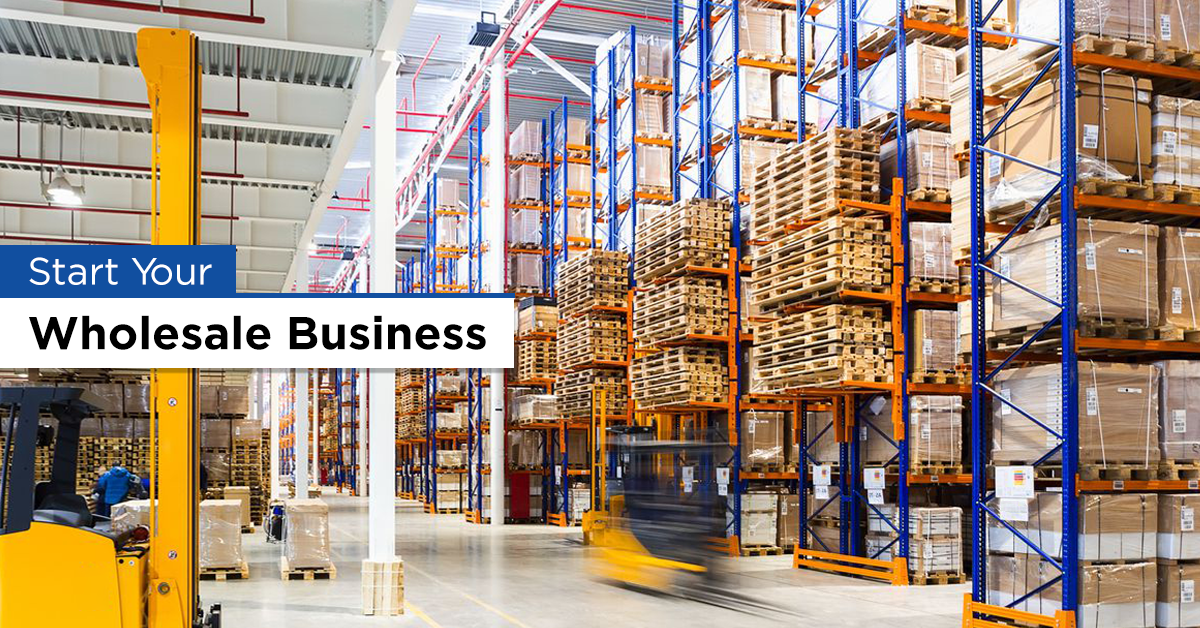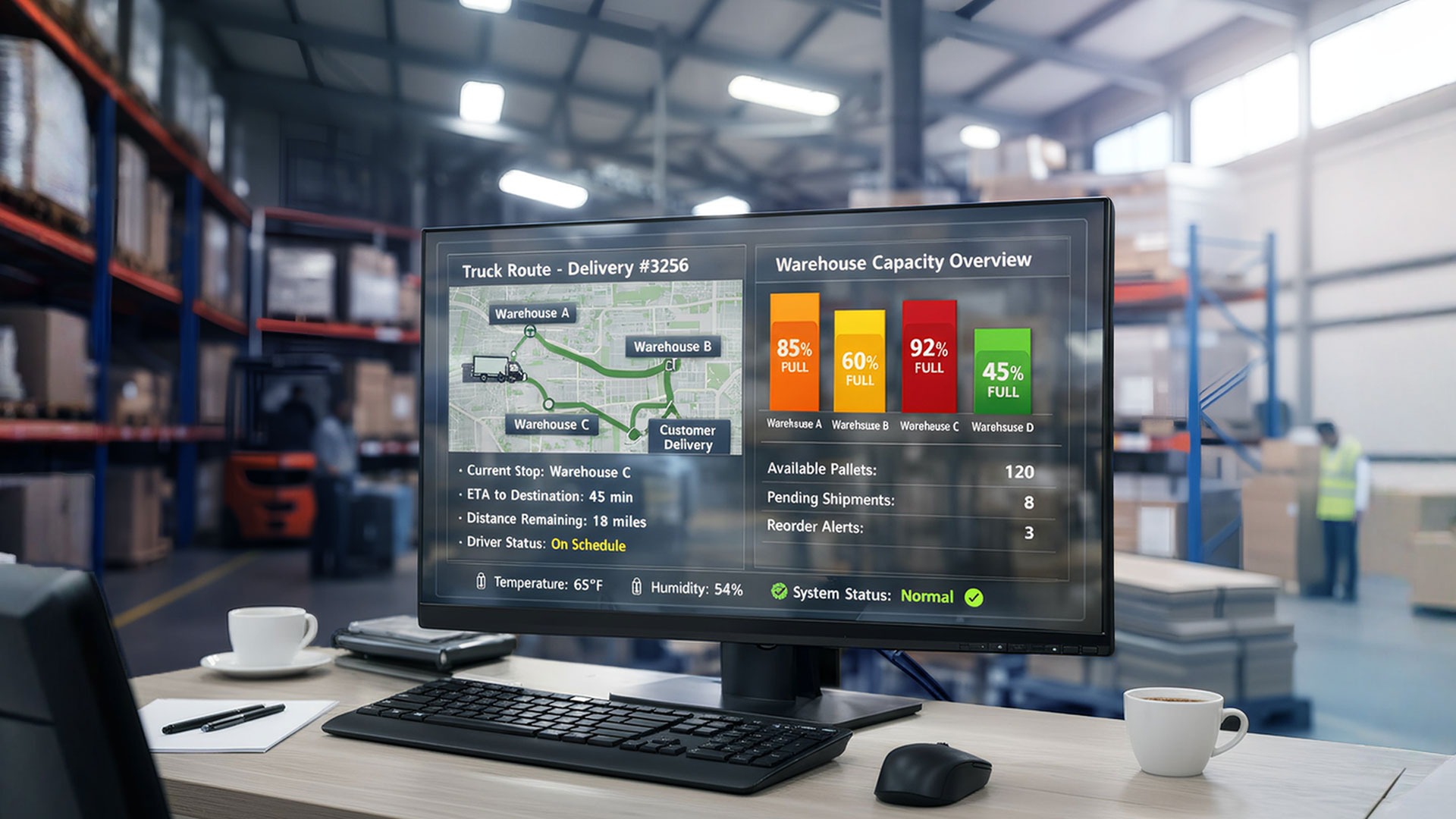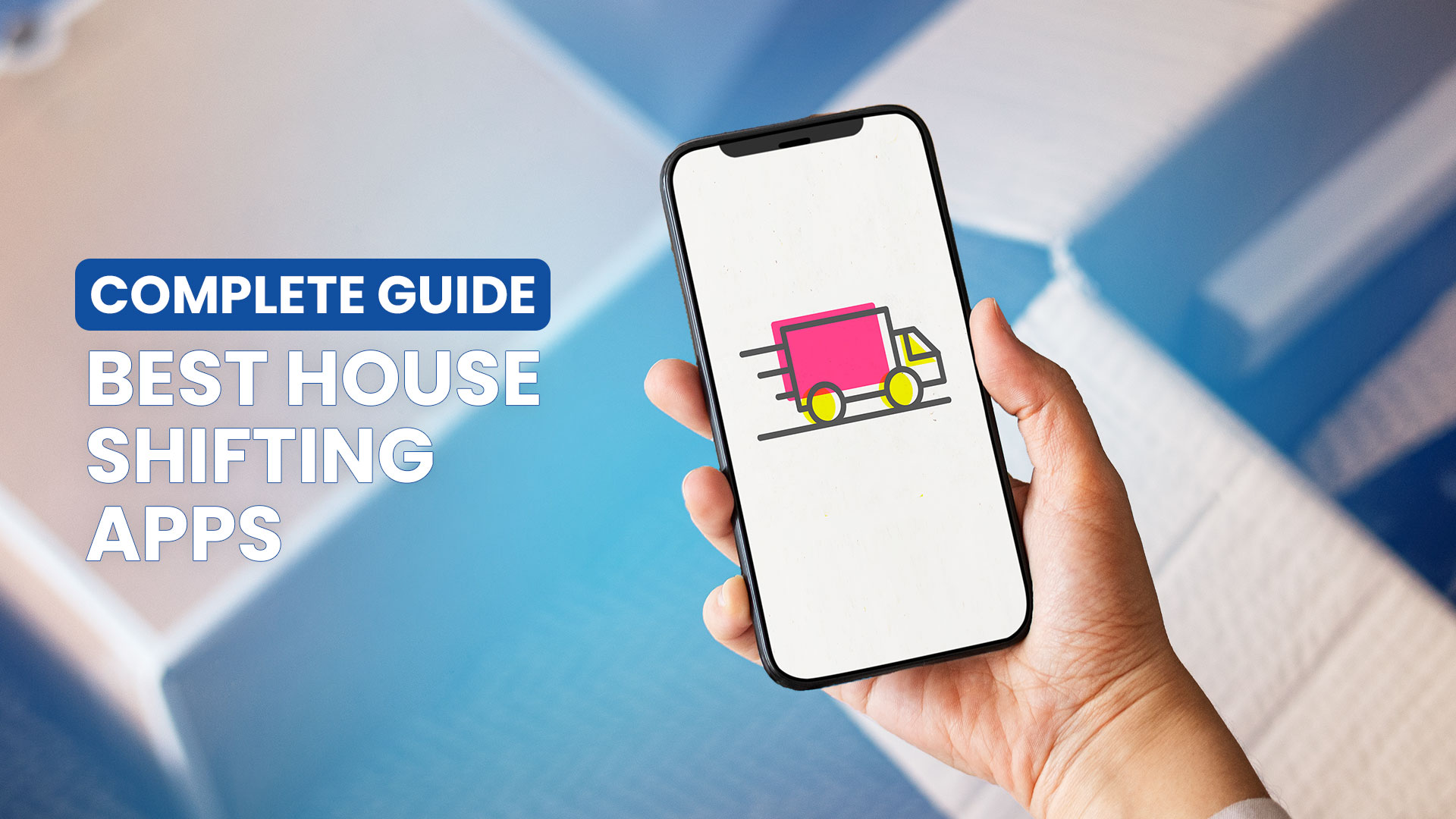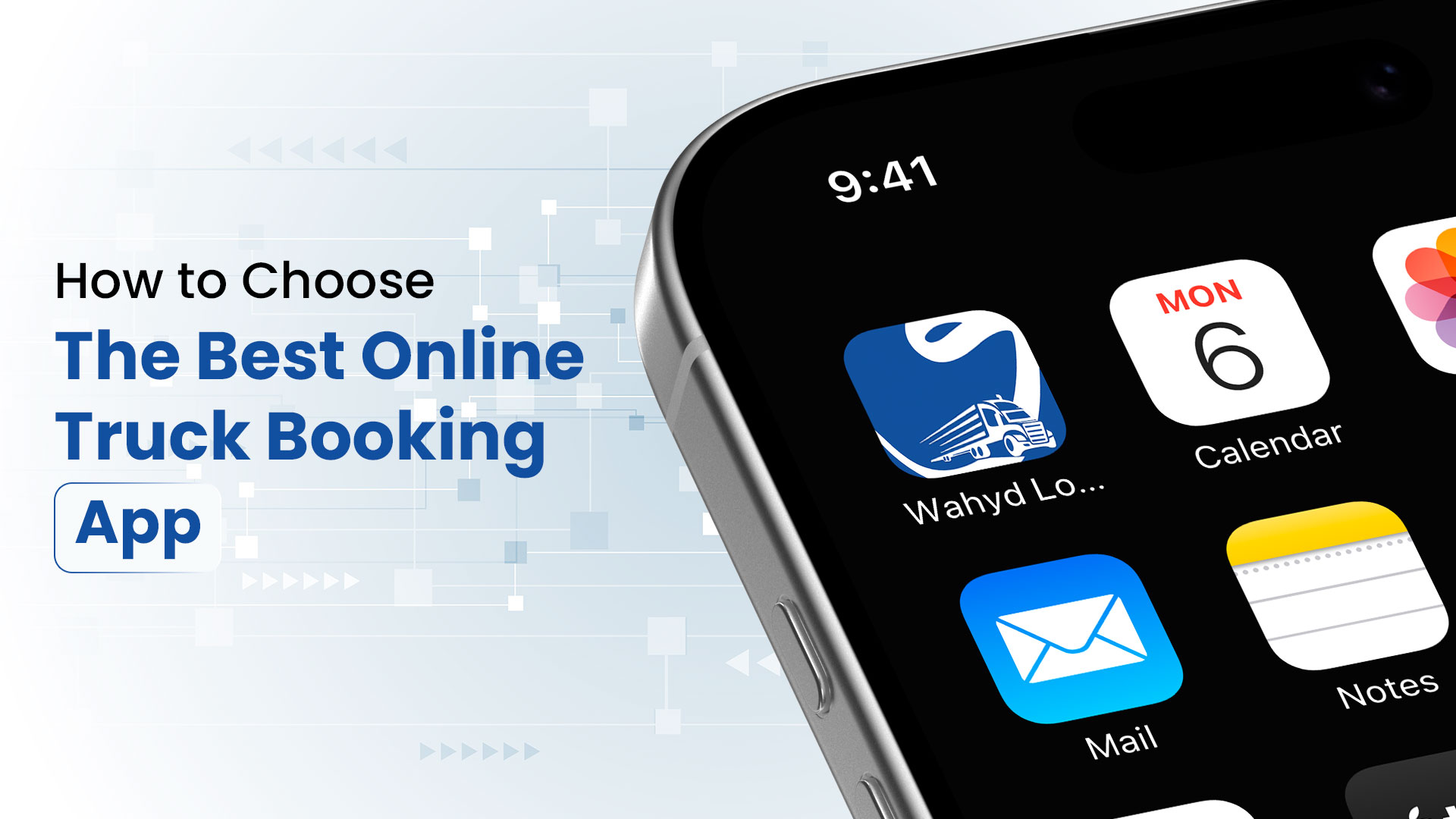
A wholesale business is a good choice of to step in to. A lot of the headaches of retail simply don’t exist; however, that’s not to say this mode of business doesn’t have its own considerations to make. Let’s look at some of the things that would help you set up shop effectively.
Choose and Study a Market
The first thing you’ll want to do is plan carefully; and the first step of that is to identify exactly where to sell your products. Choose a market where you’ll readily find dealers, store owners, and other customers for your products. You’ll also want to study your potential competitors; wholesale can be highly competitive, and it would give you the edge if you are aware of the products in the market, their prices, and the quality of service provided by other wholesale businesses.
Pick the Right Office and Warehouse for your Wholesale Business
Another important thing to plan is to where you will set up your offices and warehouses. In larger cities, you may not be able to have the two together, so you will want to consider that possibility. An example of an extra consideration to make in this case is making sure you have honest and competent staff in charge of the warehouse; it wouldn’t do for your stock to disappear or be misplaced before it even hits the market.
Partner with the Right Suppliers
Reach out to manufacturers who need a wholesaler for their products. Make sure that they are a good match for your operation; don’t partner with manufacturers whose sales targets you won’t be able to achieve (at least until you grow larger). In some cases, you may have to deal with a manufacturer’s distributer rather than the manufacturer themselves. You’ll have to calculate whether having the extra middleman eat into profits is worth it in the end.
In some cases, you will have to get in touch with the company’s distributors if they are not willing to supply directly to you. In this case, there will be a division in profit margins, so you will have to factor in these calculations before you can proceed in dealing with them.
Work Out your Logistics
Something easy to forget amidst suppliers, manufacturers, and retails is the actual movement of goods between them all. A good transportation system can be the difference between a robust, active, and thriving wholesale operation, and a bunch of full warehouses being emptied inefficiently, incurring overhead, lost revenue, and wasted inventory.
A third-party tech driven logistics partner is far better than a more traditional one; moving your logistics to the digital realm allows for huge benefits such as real-time tracking, online order creation and tracking, greater flexibility and visibility, and more. Rates also tend to be more competitive, as these partners tend to be more in-tune with current market trends and requirements.
Build a Wholesale Business Website
These days, there is no excuse for not having a website. The benefits are numerous; a well constructed website gives a great first impression, and provides manufacturers and retailers a way to contact you, making it a natural follow-up to advertising.
Creating a website is now easier than ever; without investing in developers or another third party. To make a website for your wholesale business, you can use website builders like Jimdo or Wix, or even use WordPress to make one and host it on a site like Siteground.
Understand Return Policies
Make sure you are very clear on the return policies of various manufacturers before you start dealing with them. On that note, you’ll also want to be clear on their after-sales service policies overall. If there are any manufacturers that are unable, or unwilling, to provide a clear answer, it’s usually with good reason; and gives you a good reason to avoid them. Having bad inventory you can’t sell is worse than having no inventory at all.
Invest into Inventory Software
A simple inventory control software package will pay itself in dividends once your operation gets started. It makes tracking products much easier, and has no problem with products in multiple warehouses. When you know what’s going on with your stock, you can give accurate quotes and delivery schedules to your customers, and allow you to sell and refill your warehouses efficiently.
Keep a Tight Finance Ship
Make sure you are on top of your finances; know exactly where your money is going, and where it will come, or should be coming, from. Where possible, make sure payments are made by your dealers in a timely fashion and have a strict payment policy, as the amounts involved will typically be larger than those involved in typical retail markets.
Starting any new business is an exciting endeavor, and wholesale business more so because of its unique nature and how different from retail it is. Hopefully you can use these tips to take a flying start in this industry.






